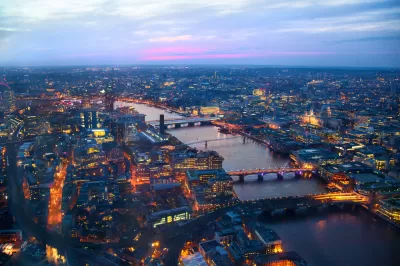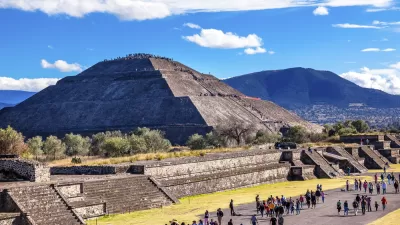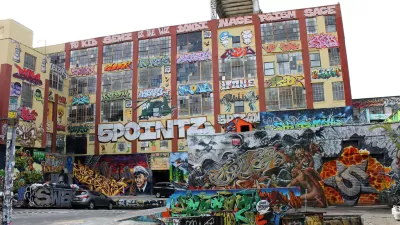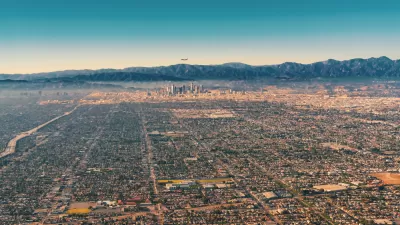It might feel like the world is shrinking as globalization expands, but many cities still have their individual characters and qualities.

Tyler Cowen disputes the notion that cities around the world are becoming more similar than they are different. Global diversity still abounds, from cities in the same country—Dublin and Belfast in Ireland, for example—to major metropolises, argues Cowen:
Among the more populous cities I have visited are Lagos, Tokyo, Mexico City, Delhi, Sao Paulo, Shanghai and Cairo. I can find very real similarities among their gyms, coffee shops, hotels and smart phones used by the locals. Still, it is hard to argue they are converging on some common set of experiences or cultural memes. Those cities show different movies (for the most part), play different kinds of music in public spaces, serve different dominant cuisines, exhibit different modes of personal dress, and of course speak different languages.
He goes on to compare London and New York, pointing out that the cultural and social experiences in each city are distinct and different. And Cowen adds that he feels relaxed walking throughout London while he finds Manhattan somewhat stressful.
Cowen cannot quite explain why his subjective takes on the two cities are different, but he says that globalization is not creating a homogenized world. "Larger cities are the big winners. If you visit them, I assure you: You will find that the world has never been more interesting, or more diverse."
FULL STORY: Why London Is Better Than New York

Planetizen Federal Action Tracker
A weekly monitor of how Trump’s orders and actions are impacting planners and planning in America.

Chicago’s Ghost Rails
Just beneath the surface of the modern city lie the remnants of its expansive early 20th-century streetcar system.

San Antonio and Austin are Fusing Into one Massive Megaregion
The region spanning the two central Texas cities is growing fast, posing challenges for local infrastructure and water supplies.

Since Zion's Shuttles Went Electric “The Smog is Gone”
Visitors to Zion National Park can enjoy the canyon via the nation’s first fully electric park shuttle system.

Trump Distributing DOT Safety Funds at 1/10 Rate of Biden
Funds for Safe Streets and other transportation safety and equity programs are being held up by administrative reviews and conflicts with the Trump administration’s priorities.

German Cities Subsidize Taxis for Women Amid Wave of Violence
Free or low-cost taxi rides can help women navigate cities more safely, but critics say the programs don't address the root causes of violence against women.
Urban Design for Planners 1: Software Tools
This six-course series explores essential urban design concepts using open source software and equips planners with the tools they need to participate fully in the urban design process.
Planning for Universal Design
Learn the tools for implementing Universal Design in planning regulations.
planning NEXT
Appalachian Highlands Housing Partners
Mpact (founded as Rail~Volution)
City of Camden Redevelopment Agency
City of Astoria
City of Portland
City of Laramie





























